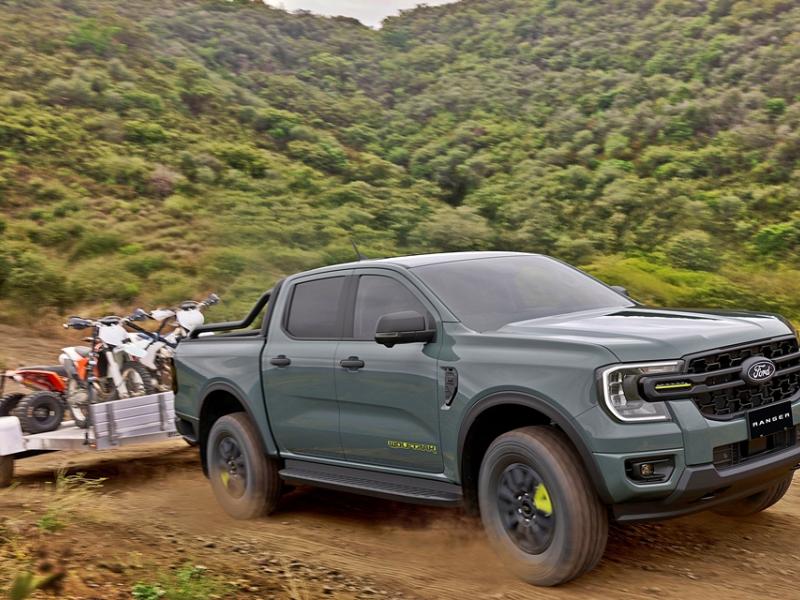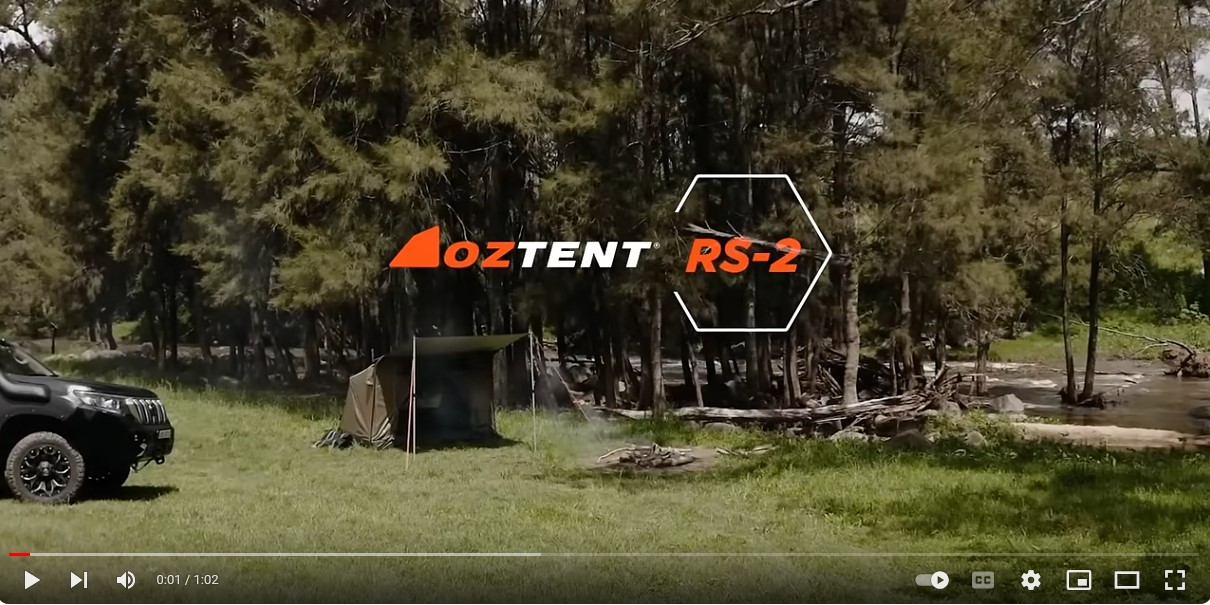Pressure on motor manufacturers to cut down or even eliminate vehicle emissions is growing, and this is having a huge knock-on effect on the battery industry.
For instance, continual research into improving the traction battery for use in electric vehicles has seen wider and wider adoption of lithium-ion, which produces a much denser charge in a very much smaller package than traditional lead-acid batteries.
However, lithium-ion batteries need to be treated carefully by car designers as they are prone to heat build-up which requires complex cooling systems to prevent the possibility of vehicles bursting into flames. They are also costly to produce, and have a lower service life than, for instance, lead-acid batteries.
One interim solution is the development of the lithium-sulphur battery. Not only do these run much cooler than lithium-ion, thanks to the use of solid sulphur-based materials, but the batteries are also lighter, cost less to produce, and produce about four times the gravimetric energy density of lithium-ion technologies.
Without doubt the battery problem associated with electric vehicles is a continuing process of evolution.
The combination of electricity from renewable sources – especially in places such as New Zealand – combined with clean-running EVs, can lead to lower global emissions, and should make a significant contribution to cleaner air for all.
Now all we have to do is get the costs down.
To read the full story in the July 2016 issue of NZ4WD go to Zinio.com (June 20) or purchase your own hard copy at the Adrenalin store.






